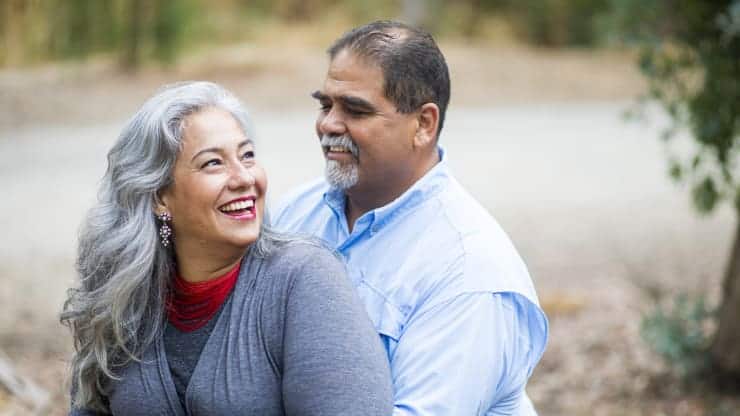
The Covid-19 pandemic has changed lives in many significant ways. And perhaps one of the more surprising is an increase in personal savings.
Morning Consult economist John Leer’s latest analysis found that one-third (33%) of American consumers with incomes between $50,000 and $100,000 have enough savings to cover at least six months’ worth of living expenses. Additionally, the gap between high-income savers (those with salaries above $100,000) and middle-income savers narrowed to its lowest level since May 2020, when Morning Consult began tracking.
This news comes in conjunction with the arrival of tax refunds and stimulus checks for upwards of 127 million people. The $1.9 trillion American Rescue Plan Act also included a variety of additional measures to put more cash in Americans’ pockets, including expanded child tax credits and health insurance subsidies. Families that meet the income requirements could be eligible to receive $1,400 per adult and per dependent, so a family of four could receive a total $5,600 just in stimulus payments alone.
The increase in savings, combined with stimulus windfalls, may have many Americans feeling as though they can relax knowing their basic expenses are covered in an emergency. This influx of cash opens up opportunities for how to use it, Leer argues in his study.
This could translate to greater purchasing power than we’ve seen since the beginning of the pandemic. Over the next six months, Leer predicts that more middle-income earners will be well poised to spend money on goods, services and experiences like getaways and vacations.
If you’re finally feeling ready to start spending, consider using a cash-back credit card that earns you rewards on every dollar you spend.
The following cards have no annual fee and offer up to 2% cash back on all eligible purchases.
Even if you are excited to take a vacation or go shopping once the world begins to reopen post-pandemic, make sure you hold onto at least some of your savings. Experts recommend setting aside three to six months worth of expenses in case of an emergency. And if we learned one thing during the pandemic, it’s that an unexpected crisis can drag on for a lot longer than anyone is prepared to handle.





























